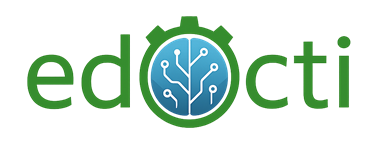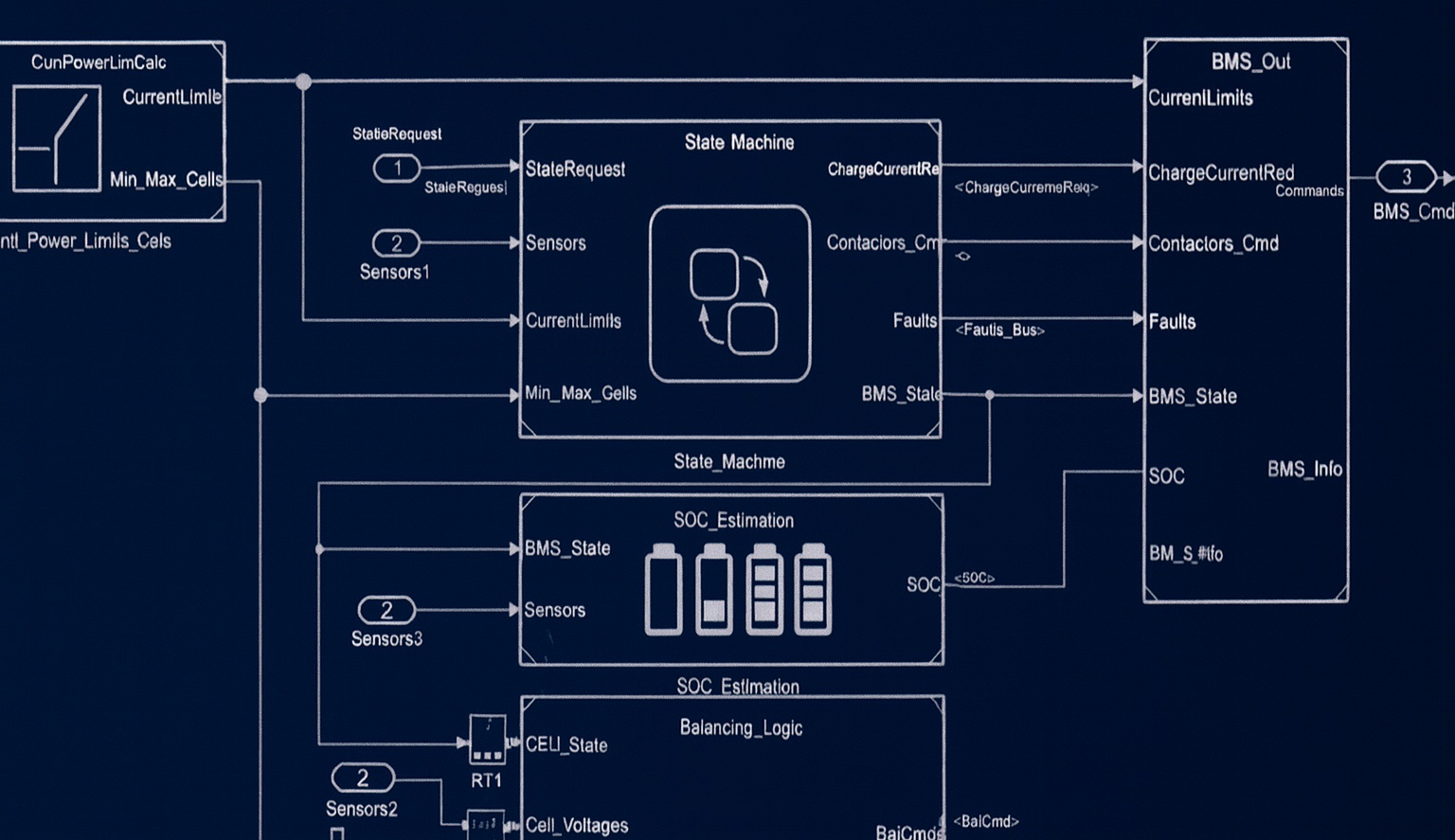Simulink Model Management and Architecture: connect traditional software architecture with Simulink practices.
Build well‑structured models, decompose and reference them correctly, and manage data with workspaces and dictionaries.
Learn requirements traceability, model referencing and effective library reuse.
Gain practical experience with labs on building, reviewing and integrating models in SCM.
How this helps: apply model‑based design with confidence in large automotive projects.
Who it’s for: designed for individuals with automotive/embedded background using Simulink for architecture and data management.
Includes collaboration & CI workflows.
Curriculum
Traditional Software Architecture and Design
- From requirements to software architecture and detailed design (classic view)
- Identify components, interfaces, and responsibilities
Model-based design
- Core ideas and mapping to the classic approach
- Benefits and trade-offs for large automotive projects
A simple model
- Build a small Simulink model, wire I/O, simulate and analyze results
- Quality checks: readability, hierarchy, sample-time consistency
Requirements traceability
- Requirements linkage workflows
- Component interfaces and stubs
- Bus objects and interface contracts
Model architecture
- Decomposition: components, subsystems, bus signals
- Types of subsystems (enabled/triggered) and when to use them
- Model referencing: workflow and best practices
- Creating libraries; using the Library Browser effectively
Managing data
- Control data dependencies; save/load patterns
- Workspaces (base/model) and data scoping
- Parameters and signals; dictionaries and data objects
- Data types in Simulink; typedef hygiene
Project management and SDLC
- Organize models, data and documentation
- Integrate with SCM, diff and review models
- Lightweight documentation from models
Optional modules
Optional — collaboration & CI
- Branching strategies for model development
- Automated checks (style, sample times) in CI
- Packaging and versioning of libraries
Course Day Structure
- Part 1: 09:00–10:30
- Break: 10:30–10:45
- Part 2: 10:45–12:15
- Lunch break: 12:15–13:15
- Part 3: 13:15–15:15
- Break: 15:15–15:30
- Part 4: 15:30–17:30

